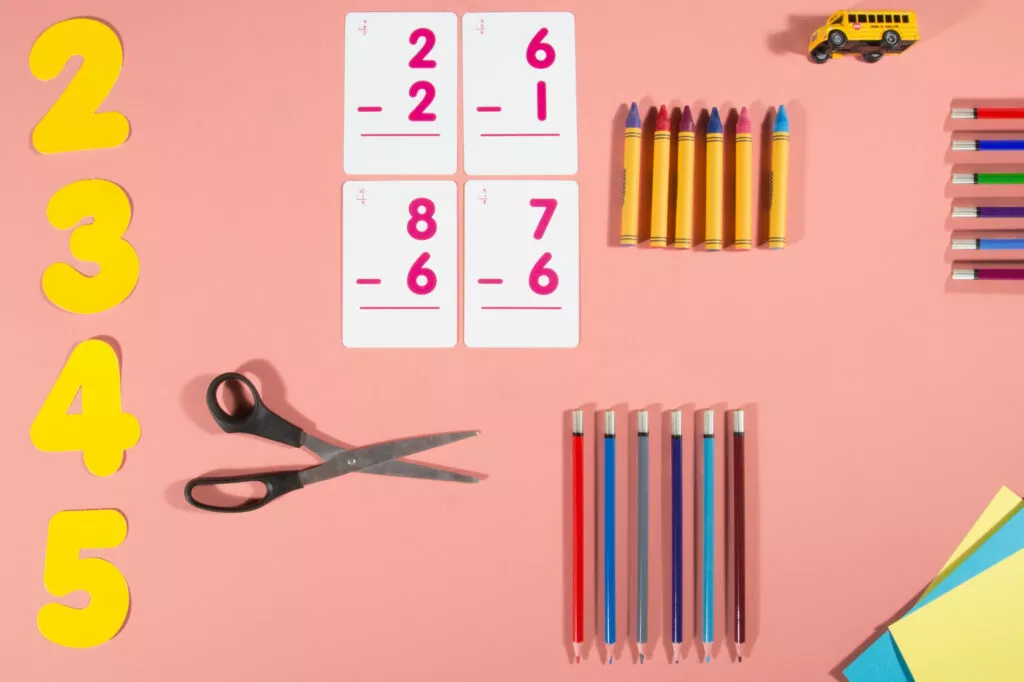News
What You Need to Know About the PA School Funding Case

On February 7, 2023, Judge Renee Cohn Jubelirer ruled that Pennsylvania schools do not have the resources to adequately educate all students, and the funding gaps between districts across the state render the system unconstitutional. This long-awaited decision in the landmark case creates an opportunity to reshape the way the state funds education; however, as we begin to have important discussions as a community about how to make the state’s funding system more equitable for all families, it is vital that we come to a collective understanding about the short and long-term implications of the ruling.
“This historic court decision affirms what we all know: Philadelphia schools do not receive the resources needed to adequately educate all students. We also know there is a lot of work to do to create a system that distributes school funding fairly across PA. We stand ready and willing to collaborate with civic and school leaders on how to turn this monumental decision into life-changing action for our children!”
Background Information:
- What: A group of school districts, parents, and advocacy groups, represented by the Education Law Center and the Public Interest Law Center, sued the state over its system for funding public education, which relies heavily on local taxes.
- Why: The plaintiffs in the case argued that the funding system is tantamount to discrimination because it leaves significant financial and academic achievement gaps between students in high-wealth districts and those in low-wealth ones.
- When: The lawsuit was filed in 2014. The trial began in 2021 and lasted more than three months. The judge handed down a decision on Feb. 7.
- What’s next: It’s up to the legislature and governor to act, although it’s not clear how quickly officials might respond.
For those who advocate for more State funding for Philadelphia schools this is a step in the right direction - no matter how long it may take.
Highlights:
- On Tuesday, February 7th, a Commonwealth Court judge ruled that Pennsylvania’s method of paying for public schools is unconstitutional – finding that the state hasn’t given children in lower-wealth communities a “meaningful opportunity” to succeed in their education.
- While this decision represents a momentous victory for school funding advocates, it does not automatically mean schools will be funded more overall, more equitably in general, or according to the funding formula previously calculated by the State.
- The judge ruled the system unconstitutional, but did not offer a specific remedy or concrete requirements around a timeline for action. This will be left up to the executive and legislative branches, and if history in other states like NJ are any indication, could lead to further litigation over many years.
- The primary reason faithfully implementing a state funding formula is complicated is because if no new money is introduced, it leads to tradeoffs. Specifically, while funding the formula will increase dollars flowing to low-income Districts currently being underfunded, it will decrease funding for many wealthy and middle-income districts across the State. While this may be a win for equity advocates, state legislators typically don’t like to vote to approve bills where their districts lose substantial sums of state money. In addition, there are other issues around charter school funding and special education funding, where advocates for equitable funding do not all agree.
- Still, for those who advocate for more State funding for Philadelphia schools this is a step in the right direction – no matter how long it may take.
- In the short term, plaintiffs believe that this will empower the State to step up with more money in general because, barring appeals, they now have the weight of a court ruling to press their case.
News Articles:
- Associated Press | Poorer districts win challenge to Pa. public school funding
- Philadelphia Inquirer | Landmark Pa. school funding case decided: The state’s system is unconstitutional
- WHYY | Judge deems Pennsylvania’s school funding system unconstitutional
- Penn Capital Star | How will the ruling in Pa.’s school funding lawsuit impact Allegheny County’s districts?
- Philadelphia Inquirer | Opinion | School funding lawsuit verdict won’t fix our education system. Here’s what will.